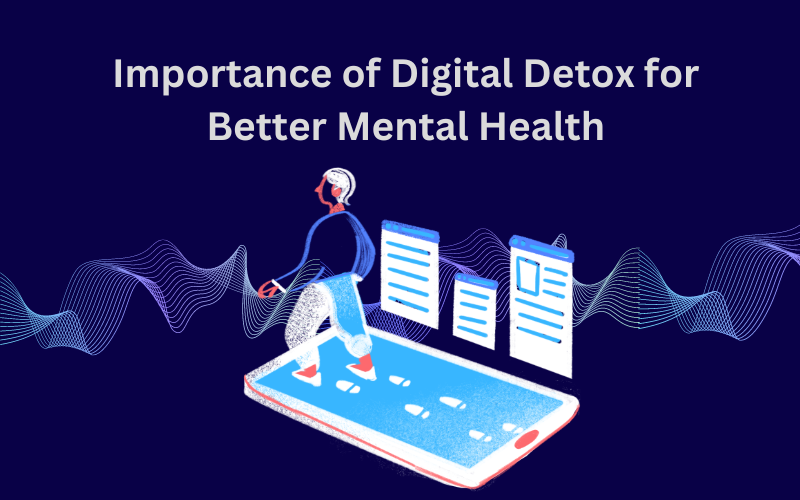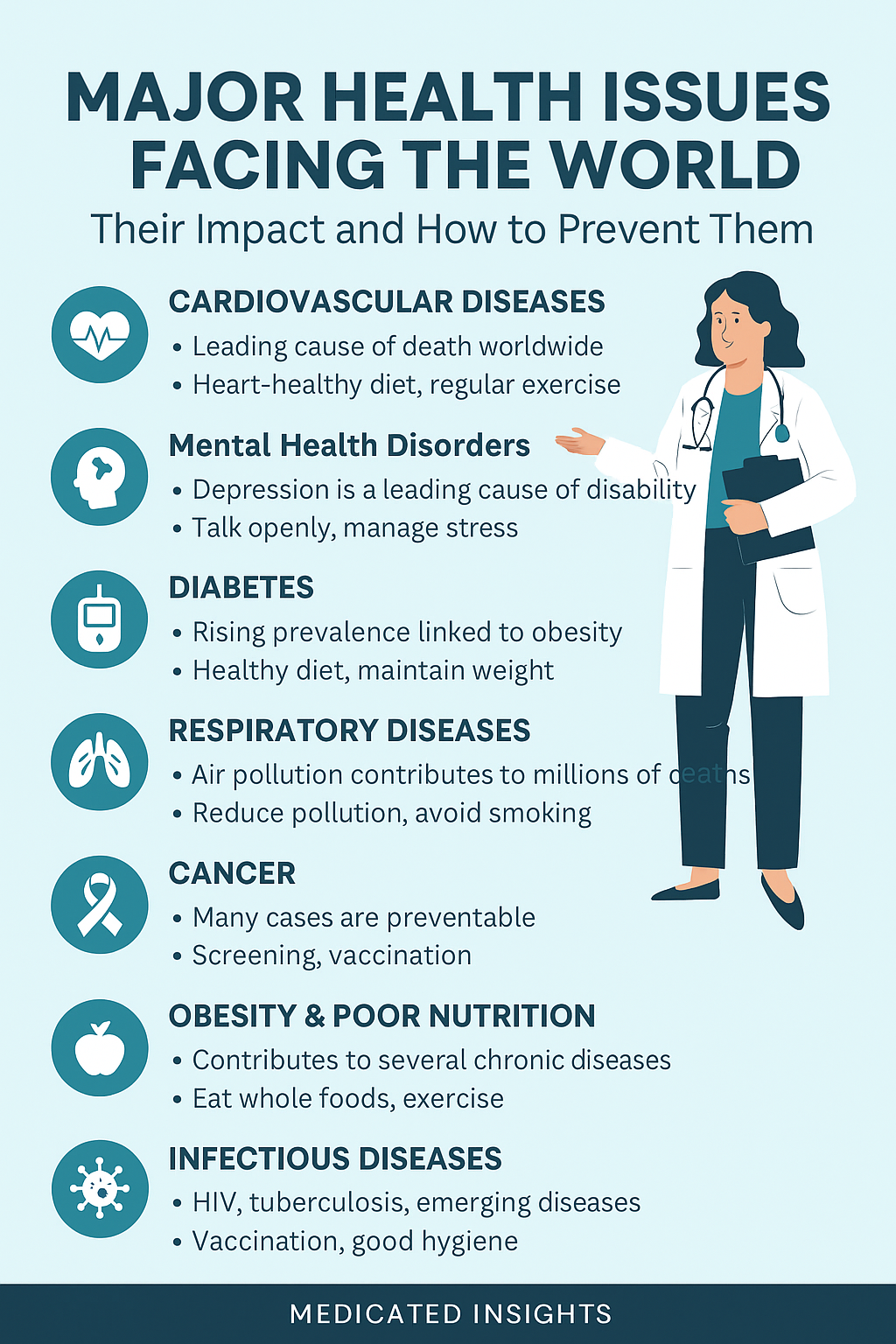In today’s fast-paced digital world, is a digital detox necessary for better mental health? With the constant barrage of notifications, emails, and social media updates, many people find themselves feeling overwhelmed and stressed. But what exactly is a digital detox, and how can it help improve our mental well-being?
What is a Digital Detox?
A digital detox involves taking a break from digital devices such as smartphones, computers, and tablets for a certain period of time. This break allows individuals to disconnect from the constant stream of information and stimuli that bombard them on a daily basis. It’s a chance to step back, unplug, and reevaluate our relationship with technology.
The Impact of Technology on Mental Health
The constant use of digital devices has been linked to various mental health issues, including anxiety, depression, and insomnia. The blue light emitted by screens can disrupt our sleep patterns, leading to fatigue and irritability. Additionally, spending too much time on social media can negatively impact self-esteem and increase feelings of loneliness and isolation.
Benefits of a Digital Detox
Taking a break from technology can have numerous benefits for our mental health. By disconnecting from digital devices, we give our brains a chance to rest and recharge. This can lead to improved concentration, better sleep, and reduced feelings of stress and anxiety.
How to Achieve a Digital Detox
Achieving a digital detox doesn’t have to be difficult. Here are some tips to help you unplug and recharge:
1. Set Boundaries
Establish clear boundaries around your device usage. Try designating certain times of the day when you will not use your smartphone or computer, such as during meals or before bedtime.
2. Limit Screen Time
Set limits on the amount of time you spend on digital devices each day. Use apps or built-in features to track your screen time and set reminders when you’ve reached your limit.
3. Find Alternative Activities
Find alternative activities to fill your time instead of scrolling through social media or watching videos online. Spend time outdoors, read a book, or engage in a hobby you enjoy.
4. Practice Mindfulness
Practice mindfulness techniques such as meditation or deep breathing exercises to help reduce stress and increase present-moment awareness. This can help you stay focused and grounded, even when surrounded by digital distractions.
5. Prioritize Self-Care
Make self-care a priority by taking care of your physical, emotional, and mental well-being. Get plenty of rest, eat a balanced diet, and engage in activities that bring you joy and fulfillment.
Conclusion
In conclusion, a digital detox can be a valuable tool for improving mental health in today’s technology-driven world. By taking a break from digital devices and reconnecting with ourselves and the world around us, we can reduce stress, improve sleep, and enhance overall well-being. So why not give it a try? Your mental health will thank you for it.





